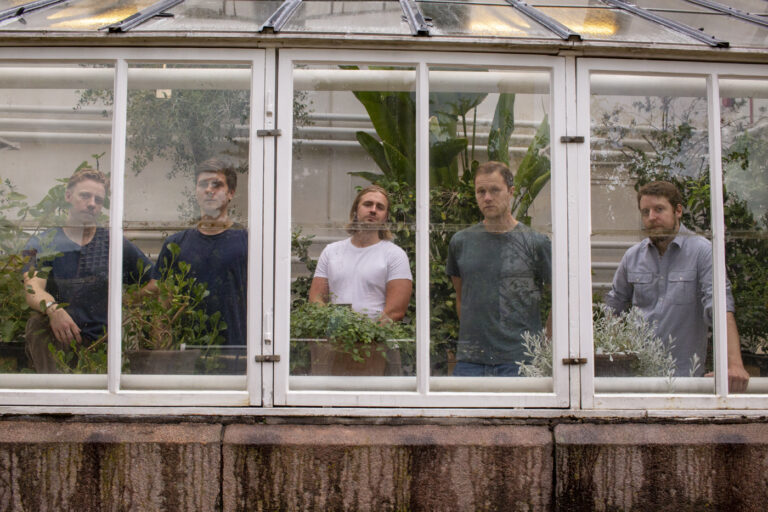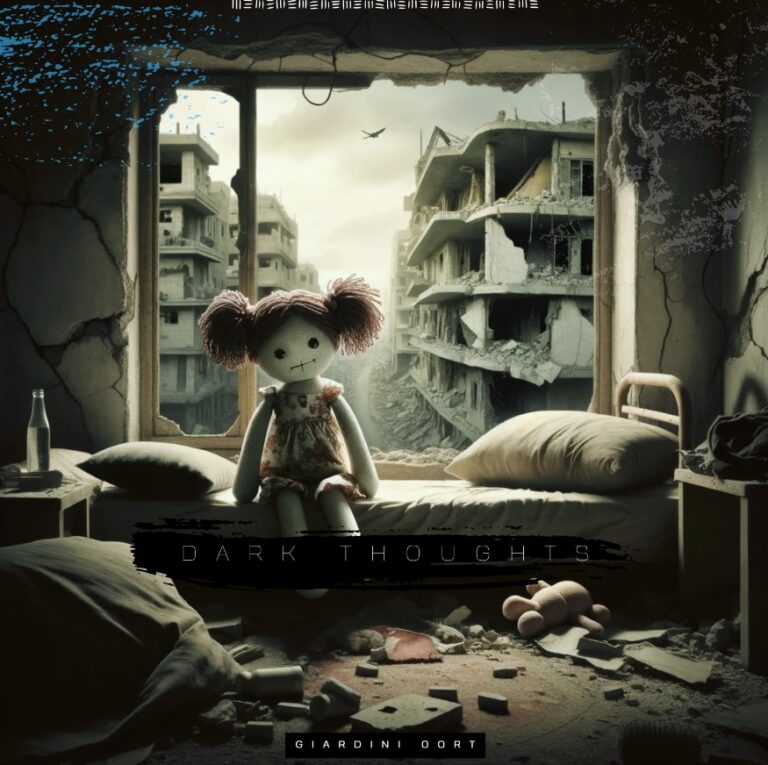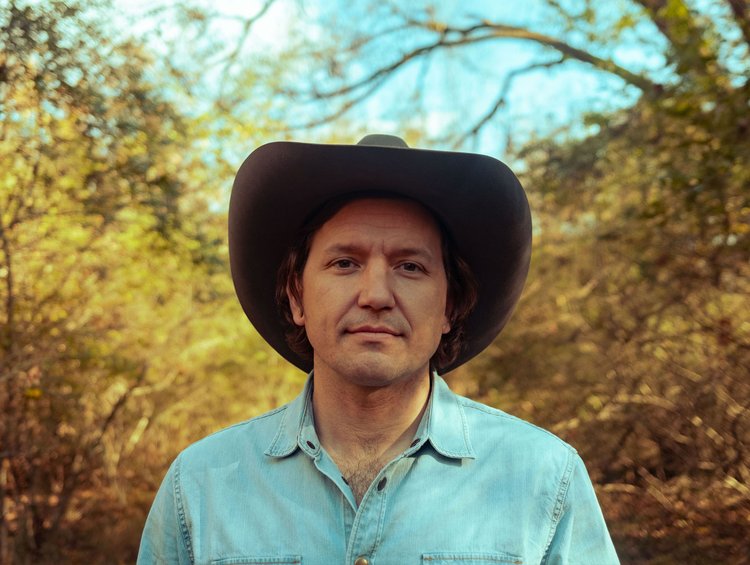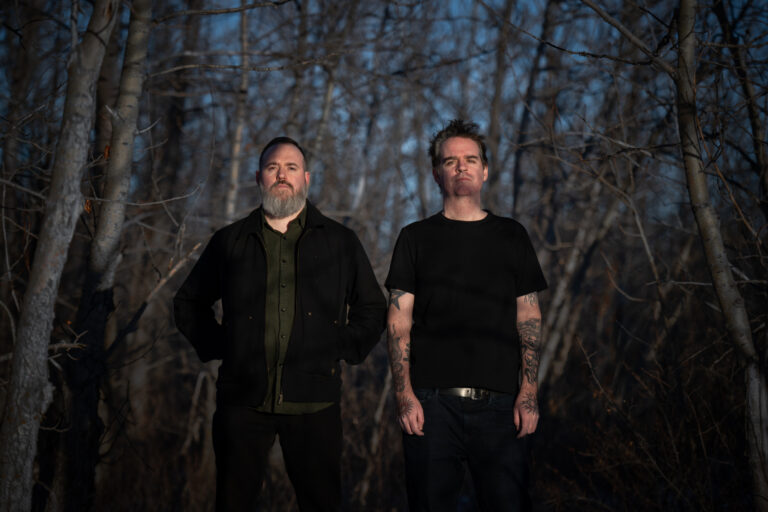A conversation with La Need Machine about “I Wish I Could Fly”
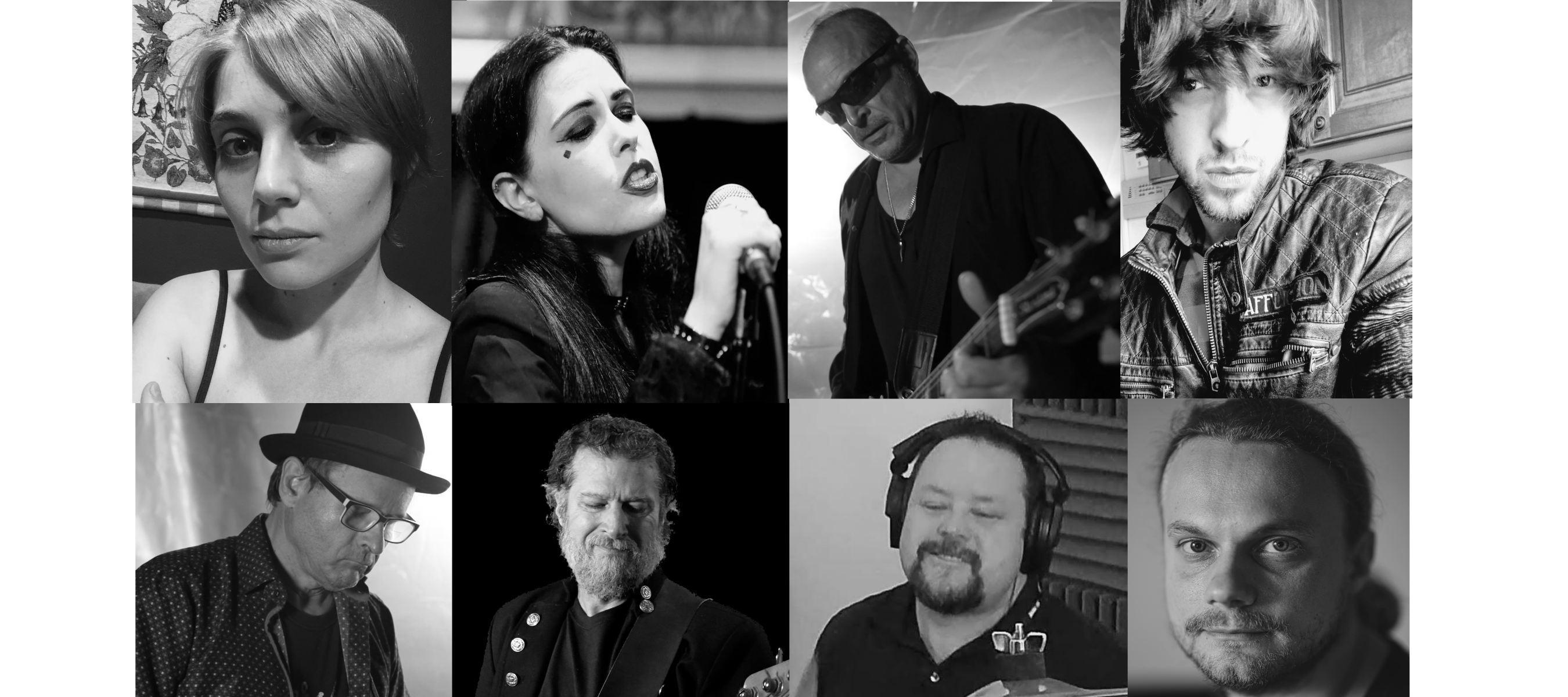
Q: Hi! What inspired La Need Machine to focus on the theme of climate change and its impact on wildlife in ‘I Wish I Could Fly’?
A: Where we live, in Seattle, climate change is already impacting us with unusually warm summers which means more wildfires. I was running on a forest trail and I ran into a Bear, and he looked lost. And I just thought, man, we are killing him. We’ve got to do something.
Q: Can you share the creative process behind developing the character of the Black Bear and his journey in the song?
A: I actually saw the Bear on a forest running trail. Then I spent the rest of the run thinking about his story and dictating the lyrics into my phone.
Q: How did you approach the challenge of conveying complex issues like climate change and habitat loss through the perspective of a bear in your lyrics?
A: Keep it simple. Always the best way – sure you have to have a couple of abstract lyrics to make people think, but keeping them heartfelt and straight-forward is a good strategy to connect with people.
Q: What do you hope listeners take away from the bear’s desire to communicate with humans about climate change in the song?
A: If we don’t listen to the natural world around us, we will destroy it and ourselves.
Q: Were there any specific real-world events or scientific studies that influenced the depiction of wildfires and their effect on wildlife in ‘I Wish I Could Fly’?
A: Yes, here on the west coast of the United States we have been fighting more frequent and more significant wildfires over the last several years. In Seattle, where one of our popular theme songs is, “The Bluest Skies You’ve Ever Seen are in Seattle,” we’ve had an increasing number of days in which we need to wear masks to filter the smoke from the fires.
Q: How did you balance the song’s narrative storytelling with the need to address serious environmental themes?
A: That’s one reason why it made so much sense to tell the story from the perspective of the Bear. How doesn’t like Bears?
Q: In what ways do you think music and art can contribute to raising awareness about climate change and its impact on animal species?
A: There’s a reason why you sing so much in church – singing the message helps you remember it.
Q: How has the audience responded to the message in ‘I Wish I Could Fly’, and have you seen any impact or changes in awareness or behavior?
A: It’s been amazing so far! We have gotten so many great messages about the song and the message. Can’t say that I’ve seen a change in behavior yet, but we will keep pushing.
Q: Do you have plans for more environmentally-themed music in the future, and how do you see your role as musicians in the broader conversation about climate change and conservation?
A: Yes – we have been influenced a great deal by bands that want to make a difference in the world, either through direct financial giving, or through social statements. Think the Clash, think U2, think Dolly Parton, think Elton John.

